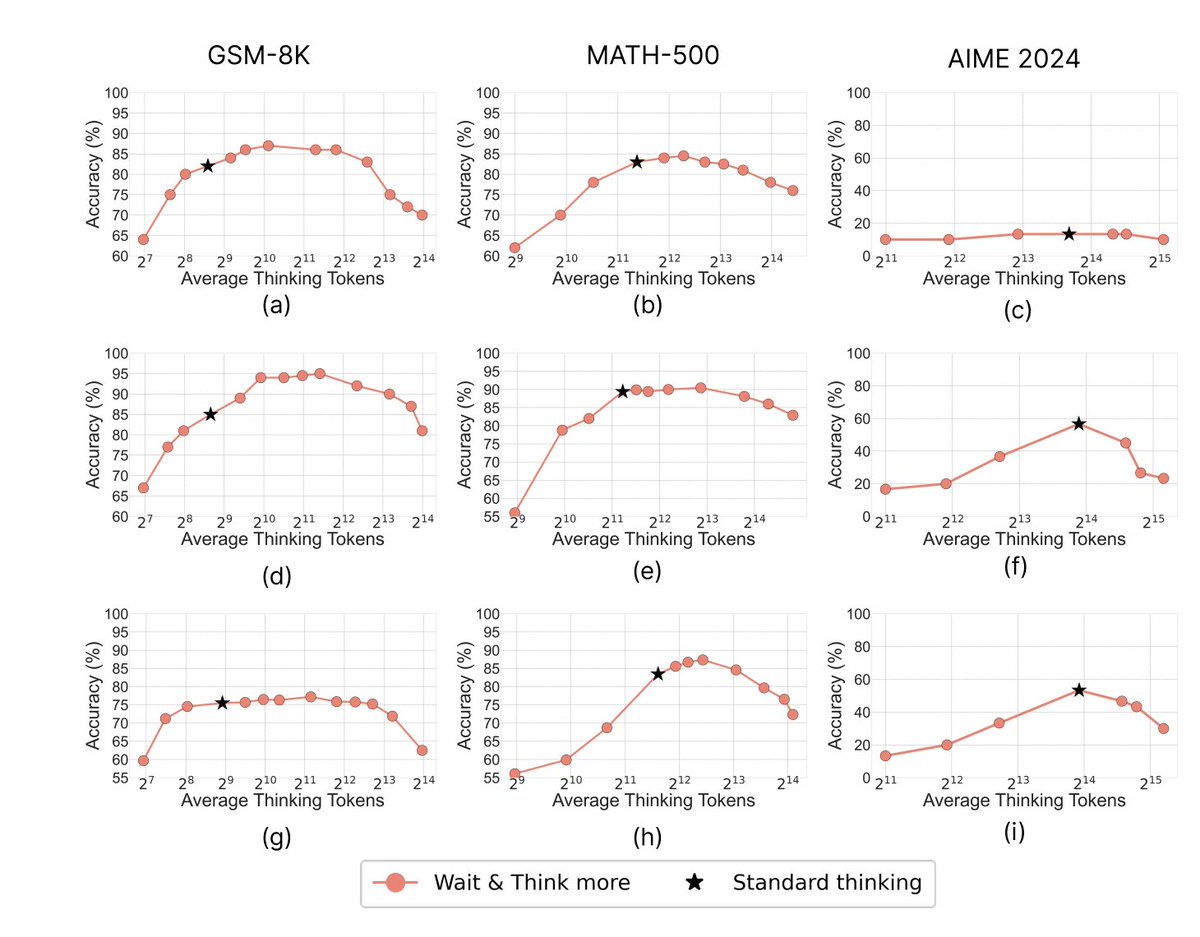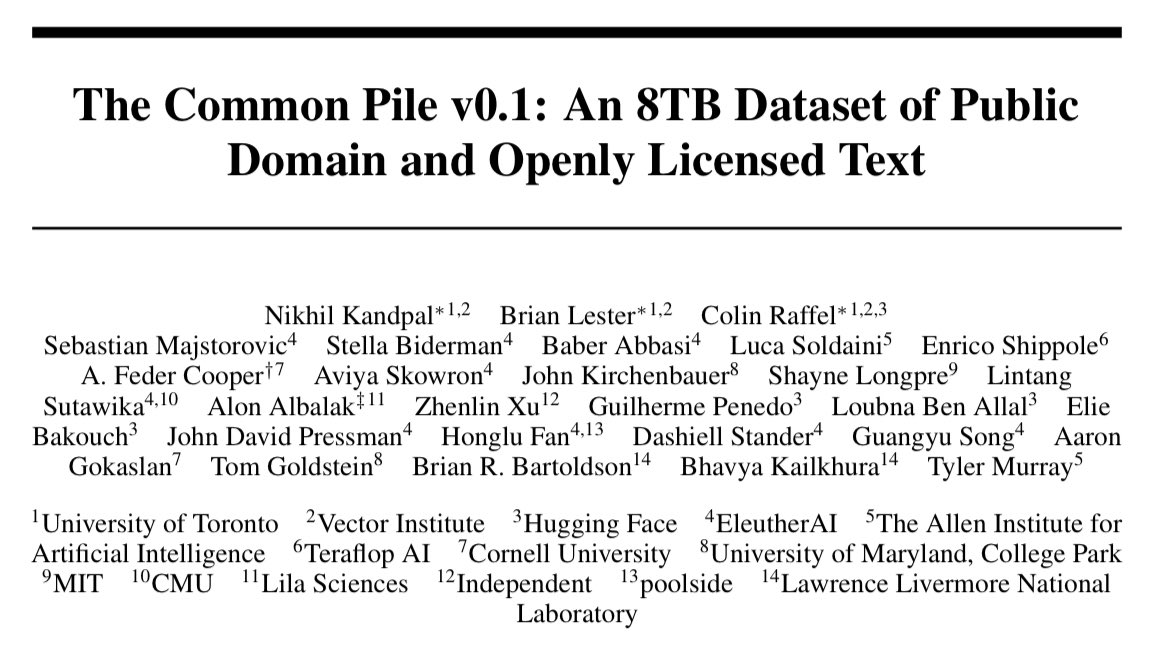
Anshuman Chhabra
@nshuman_chhabra
Assistant Professor of Computer Science at the University of South Florida.
Recruiting PhDs Spring/Fall: secure.vzcollegeapp.com/usf/
ID: 1406370519100784641
http://anshumanc.com 19-06-2021 21:57:25
49 Tweet
61 Followers
83 Following


I'm doing a podcast with Sundar Pichai soon. Let me know if you have any questions / topic suggestions. The rate of AI progress has been insane. It makes me excited for the future (even more than usual 🤣) and excited to chat with leaders & engineers who are building that








Revisited andy jones's RL debugging post from a few years back. Still one of the most insightful guides out there. If your agent's acting weird, here's a great checklist: andyljones.com/posts/rl-debug…




















